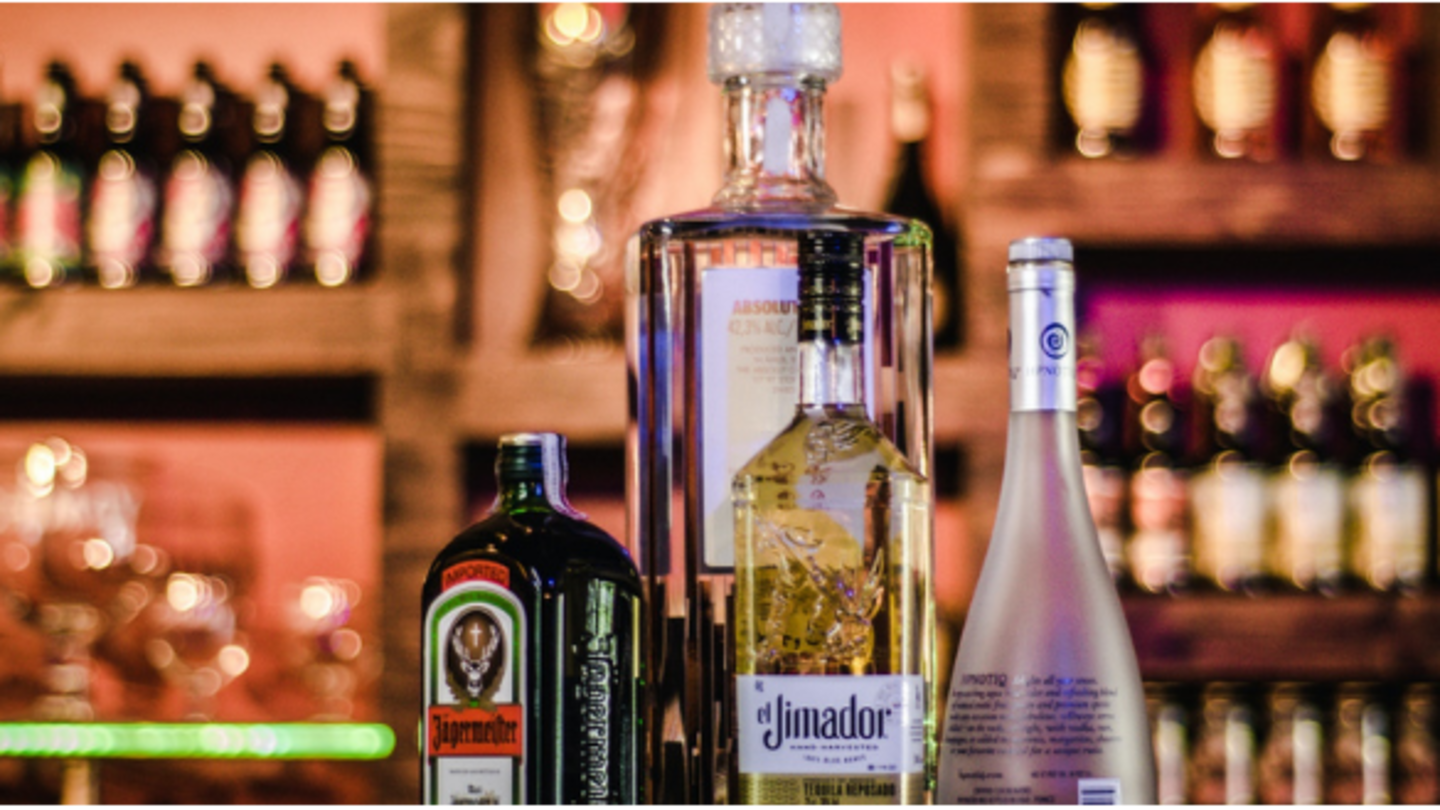
Hundreds of Delhi liquor stores to shut temporarily from tomorrow
What's the story
All private liquor vends across Delhi will be temporarily shut as the national capital looks to enforce its updated liquor policy.
Over 270 private liquor stores are expected to be shut starting October 1 (Friday) for 45 days until mid-November.
The move may lead to a shortage in liquor supply across the city during the festival season.
Here are more details.
Liquor policy
What is the new liquor policy?
The Delhi government had announced the new policy in July with the aim to improve customer experience, end pilferage, and quash the liquor mafia.
Under Delhi's new liquor policy, the government will allow private players to step in and ensure that every municipal ward has an average of three vends.
The government has received 215 bids for liquor stores in 32 zones.
Stores
Government stores to remain open
Hence, 276 private liquor stores will be shut from October 1 to November 16. Thereafter, those who have received licenses to operate these stores through open bidding will take charge.
However, 573 government-run liquor stores will remain open. The government has asked all such stores to maintain an adequate supply, especially considering that sales spike during the festival season, which is around the corner.
Bidding
Bidding to private players to benefit government
Earlier, the Delhi government had said that it will earn around Rs. 10,000 crore annually from the bidding of the stores.
Zone 28—which covers Dwarka-A, Deoli, Bhajanpura, Kardampuri, and Quraish Nagar—has had the highest bid at Rs. 357 crore.
Zone 32—the airport zone—earned the government the most profit against the base price, bidding at Rs. 235 crore, 124% higher than the reserve price.
Changes
What other changes are expected due to the policy?
Liquor stores will now be allowed to offer discounts and rebates on the MRP.
It is mandated that each liquor store should have a walk-in experience, air conditioning, and proper lighting.
The Delhi government had earlier said that the legal drinking age will be lowered from 25 years to match the age limit in the neighboring states, where it is 21.